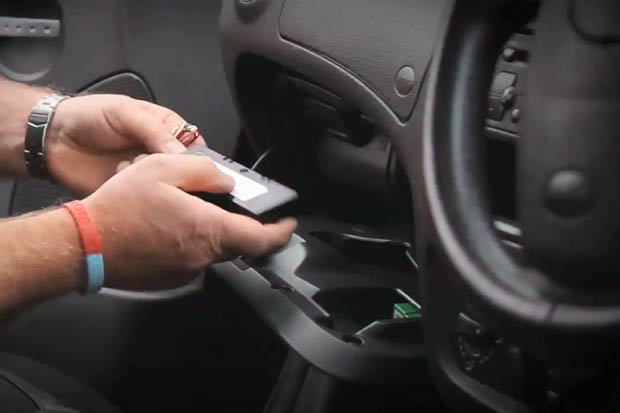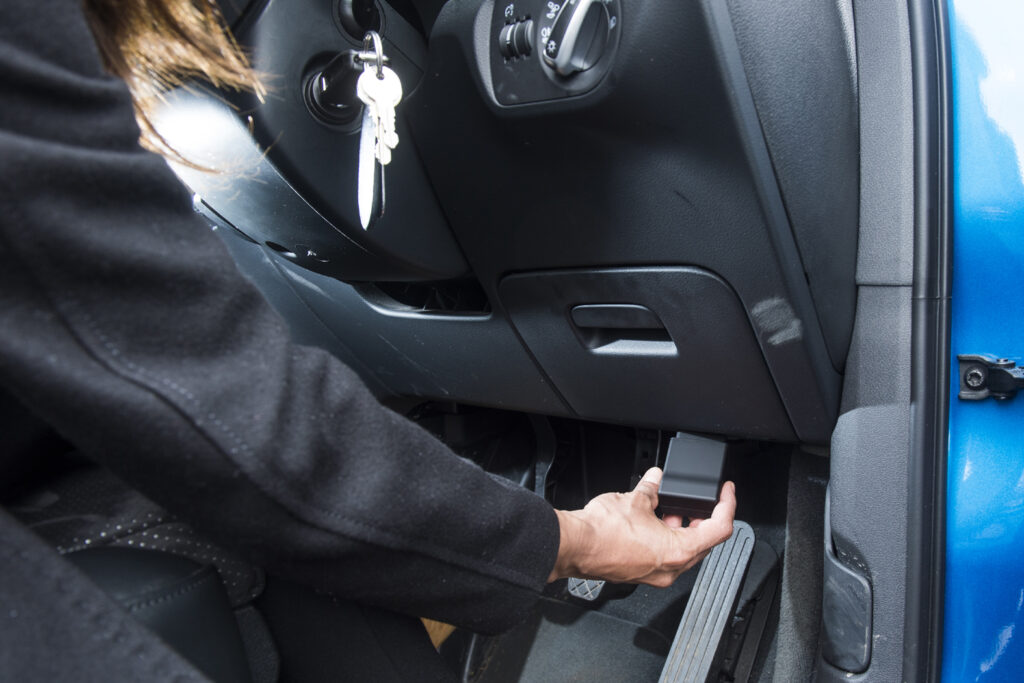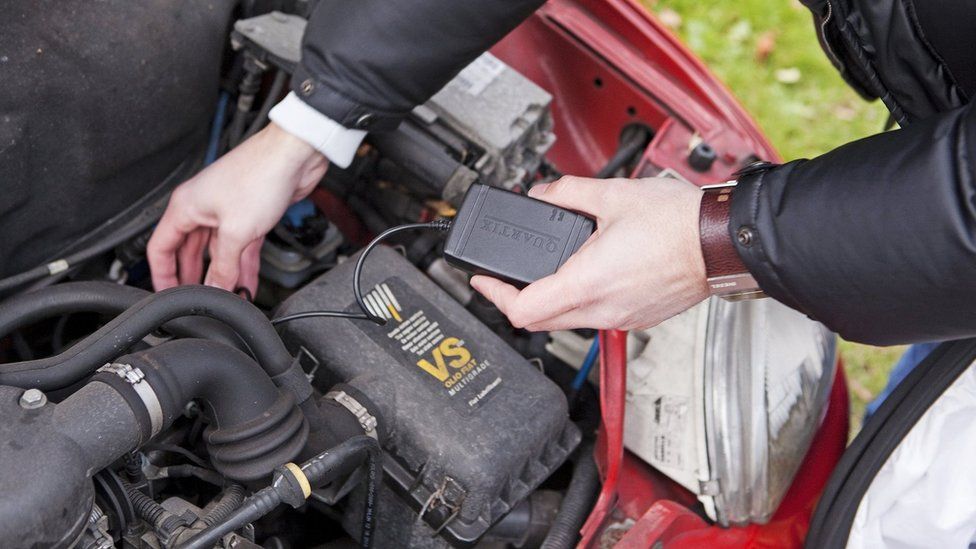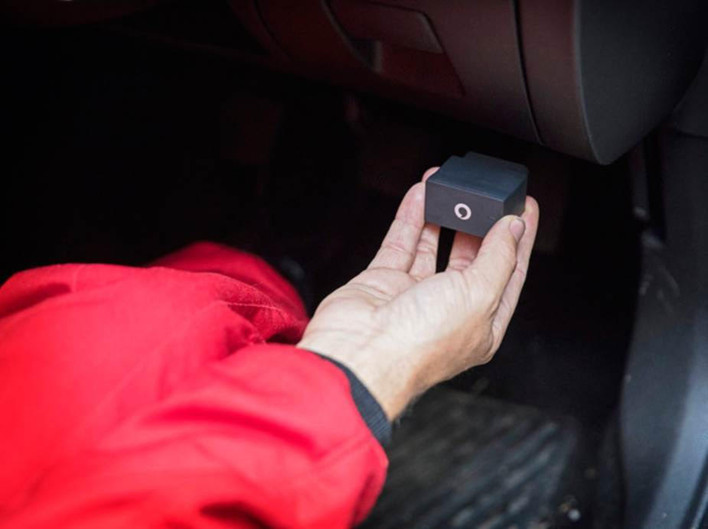Yes, your insurance can likely detect if you unplug your black box. Black boxes use communication protocols and regular data transmissions to provide insurers with information about your driving habits.
If you disconnect the black box, it may trigger alerts due to the interruption in data. Insurance companies are equipped with mechanisms to identify such disruptions, and attempts to unplug the black box may impact your coverage and premiums.
It’s necessary to understand that insurance providers use these devices to assess risk and tailor coverage, and attempting to avoid monitoring could have consequences for your policy.
How do Black Boxes in Insurance Work and What Data Do They Collect?

In the realm of insurance, a black box, also known as a telematics device, is a small electronic gadget installed in vehicles to monitor driving behavior. It utilizes a combination of GPS technology and motion sensors to track various aspects of a driver’s performance.
This includes speed, acceleration, braking, and even the times of day a vehicle is in use. The device continuously records this data, creating a comprehensive profile of the driver’s habits and actions on the road.
The data collected by black boxes is a treasure trove of information for insurance companies. It provides real-time insights into a policyholder’s driving habits, enabling insurers to assess risk more accurately.
For instance, if a driver consistently exhibits safe driving practices, they may be eligible for discounts or lower premiums.
On the flip side, risky behavior such as speeding or abrupt braking may result in increased premiums. The significance lies in the personalized risk assessment that allows insurers to tailor coverage and pricing based on individual driving behavior rather than relying on broader demographic statistics.
This not only benefits responsible drivers but also assists insurers in fostering a proactive approach to risk management.
What Are The Reasons Behind Unplugging?

People unplug from black boxes in cars because they worry about their privacy being invaded with constant monitoring of their driving. They also fear how the collected data might be used and are concerned about potential increases in insurance costs based on their driving habits.
Why Individuals Might Consider Unplugging Their Black Boxes
Privacy Concerns
Many individuals consider unplugging their black boxes due to concerns about privacy invasion. The constant monitoring of driving behavior raises apprehensions about the extent to which insurers have access to personal and potentially sensitive information.
Data Usage and Ownership
Some drivers may question the purpose of the extensive data collected by black boxes and express reservations about who owns and controls this information. The lack of clarity regarding data ownership and its potential use can lead to distrust.
Perceived Intrusiveness
The continuous surveillance nature of black boxes may be perceived as intrusive, causing discomfort for individuals who feel their driving habits are being scrutinized too closely. This perceived intrusiveness becomes a significant motivator for unplugging.
Concerns About Premium Adjustments
Individuals may worry that the data collected, especially if it includes instances of occasional risky behavior, could lead to increased insurance premiums. This fear of financial repercussions may drive some to consider disconnecting the black box.
Technology Reliability
Concerns about the reliability and accuracy of the technology itself can also be a reason for unplugging. Some individuals may question whether the black box accurately represents their driving habits, leading to skepticism about its overall effectiveness.
Concerns Regarding Privacy, Data Usage, and Perceived Intrusiveness
Privacy: The constant monitoring of driving behavior raises concerns about the infringement of personal privacy. Users worry about the detailed insights the black box provides, including location data and driving patterns.
Data Usage and Security: Drivers are concerned about how the collected data will be used, stored, and protected. Worries about potential data breaches or unauthorized access contribute to reservations about the safety and security of their information.
Perceived Intrusiveness: Individuals may feel uneasy about the level of scrutiny imposed by the black box. The awareness that their every move on the road is being tracked can create a sense of being constantly watched, impacting the overall driving experience.
Lack of Control: Unplugging may stem from a desire for greater control over personal data. Some individuals prefer not to share detailed information about their driving habits and patterns, reflecting a broader societal shift towards digital autonomy.
Communication Gaps: Concerns about inadequate communication from insurance providers regarding the purpose, benefits, and safeguards related to black box data collection can contribute to the decision to unplug. Clear communication is crucial for building trust in this technology.
What are the consequences of disconnecting an insurance black box?
Loss of Driving Discounts
One immediate consequence is the potential loss of discounts or rewards offered by insurance companies for safe driving behaviors. Black boxes are often tied to usage-based insurance, and disconnecting may eliminate the chance to benefit from personalized premium adjustments.
Limited Risk Assessment
Insurance companies heavily rely on black box data for accurate risk assessments. Unplugging hampers their ability to tailor coverage based on individual driving habits, potentially resulting in less personalized and potentially higher premiums.
Impact on Policy Renewals
The absence of real-time data may affect the policy renewal process. Insurance companies may have less information to assess a driver’s risk profile, potentially leading to more conservative underwriting and standard rate assignments.
How Insurance Companies May Respond and the Impact on Coverage
Rate Adjustments: Insurance providers may respond to black box disconnection by adjusting rates based on more generalized risk categories. This shift could result in less flexibility in premium pricing and a return to traditional risk-assessment models.
Limited Access to Discounts: Policyholders who disconnect their black boxes may find themselves ineligible for certain discounts or personalized policy options. Insurance companies may prioritize those who allow continuous monitoring for more accurate risk assessments.
Potential Policy Changes: Insurance companies might introduce policy changes or amendments to address the challenges posed by black box disconnection. This could involve reassessing how risk is evaluated and introducing new criteria for coverage determination.
Impact on Claims Processing: The lack of real-time data from black boxes may influence the claims processing procedure. Insurance companies may face challenges in accurately determining liability and assessing the circumstances leading to an accident without detailed driving behavior data.
Can Insurance Detect Unplugging?

Yes, insurance companies can detect when a black box is unplugged from a vehicle. These companies use communication protocols and data irregularities to identify disruptions, ensuring that attempts to disconnect the black box are recognized, potentially impacting coverage and premiums.
Communication Protocols
Modern black boxes often communicate with insurance companies through established protocols. Abrupt disruptions in this communication, signifying a disconnection, can trigger alerts on the insurer’s end.
Data Irregularities
Insurance companies analyze patterns and regularity in the data received from black boxes. Sudden and prolonged gaps in data transmission, indicative of unplugging, can raise red flags during routine data processing.
Telematics Device Health Checks
Some black boxes have mechanisms to conduct regular health checks. If a device fails to respond or signals irregularities during these checks, it can trigger notifications to the insurance provider.
Clarification on Whether Insurance Providers Have the Ability to Detect Unplugging
Insurance providers indeed possess the ability to detect black box disconnection through the mechanisms mentioned above. The advanced technology integrated into these devices, coupled with constant communication with insurers, enables them to identify instances where the device is unplugged or tampered with.
However, it’s important to note that the exact methods may vary between insurance companies and the specific technology used in the black box. Insurance providers invest in robust systems to ensure the integrity of the data they receive, allowing them to maintain accurate risk assessments and uphold the principles of usage-based insurance.
FAQ
Can You Cancel Black Box Insurance?
Yes, it is generally possible to cancel black box insurance. However, cancellation procedures may vary between insurance providers, and it’s advisable to check the terms and conditions of the policy.
How Strict Is a Black Box?
The strictness of a black box depends on the insurance provider and the specific policies in place. Generally, black boxes monitor various aspects of driving behavior, and adherence to safe practices can positively impact insurance premiums.
What Do Insurance Black Boxes Monitor?
Insurance black boxes monitor a range of driving behaviors, including speed, acceleration, braking, and the times of day a vehicle is in use. The data collected helps insurers assess risk and personalize premiums based on individual driving habits.
How Does Black Box Know Who Is Driving?
Black boxes typically do not have facial recognition capabilities. Instead, they rely on the assumption that the main policyholder is the primary driver. However, certain black boxes may incorporate additional measures, such as curfew times, to infer the likelihood of the policyholder being the driver.
Are Black Boxes Traceable?
Yes, black boxes are traceable. They use GPS technology to track the location and movements of a vehicle. This traceability is a fundamental aspect of how black boxes provide data for insurance companies to assess driving behavior.
How Much Does Black Box Reduce Insurance By?
The reduction in insurance premiums due to a black box varies based on individual driving habits. Safe driving practices can lead to significant reductions, sometimes up to 25%, while risky behavior may result in increased premiums.
Can You Drive Abroad with a Black Box?
In most cases, driving abroad with a black box is allowed. However, it’s crucial to inform the insurance provider beforehand and check whether the policy extends coverage to the specific country or countries being visited.
Final thoughts
It’s important to recognize that insurance companies can likely detect if you unplug your black box. The device is designed to communicate data, and any attempt to disconnect it may trigger alerts.
While concerns about privacy and data usage are valid, unplugging could have consequences on your coverage and premiums. Transparency and communication with your insurance provider about any reservations you have may offer a more informed and collaborative solution.



